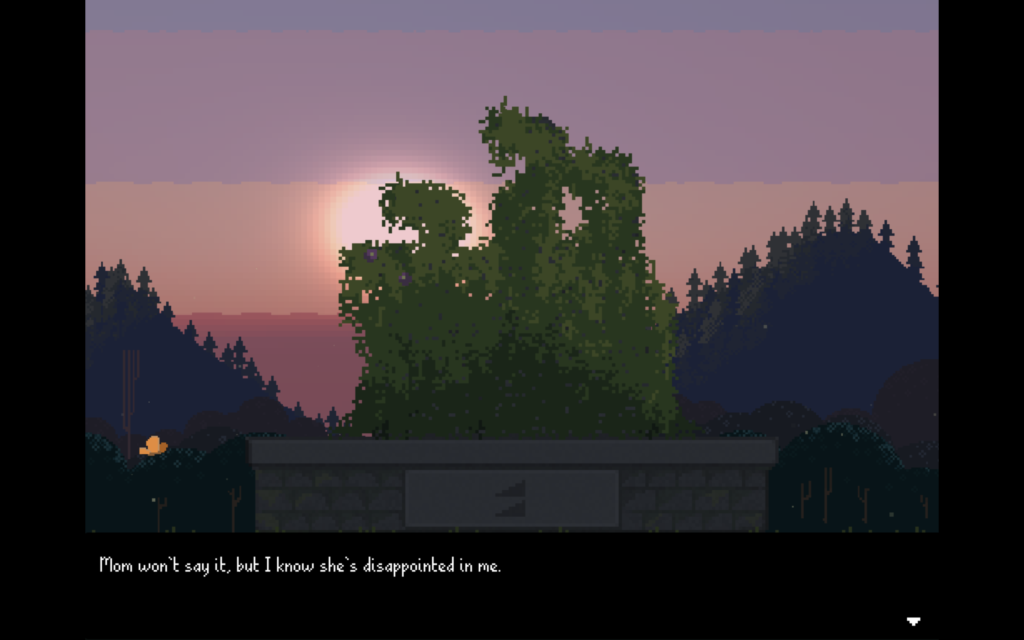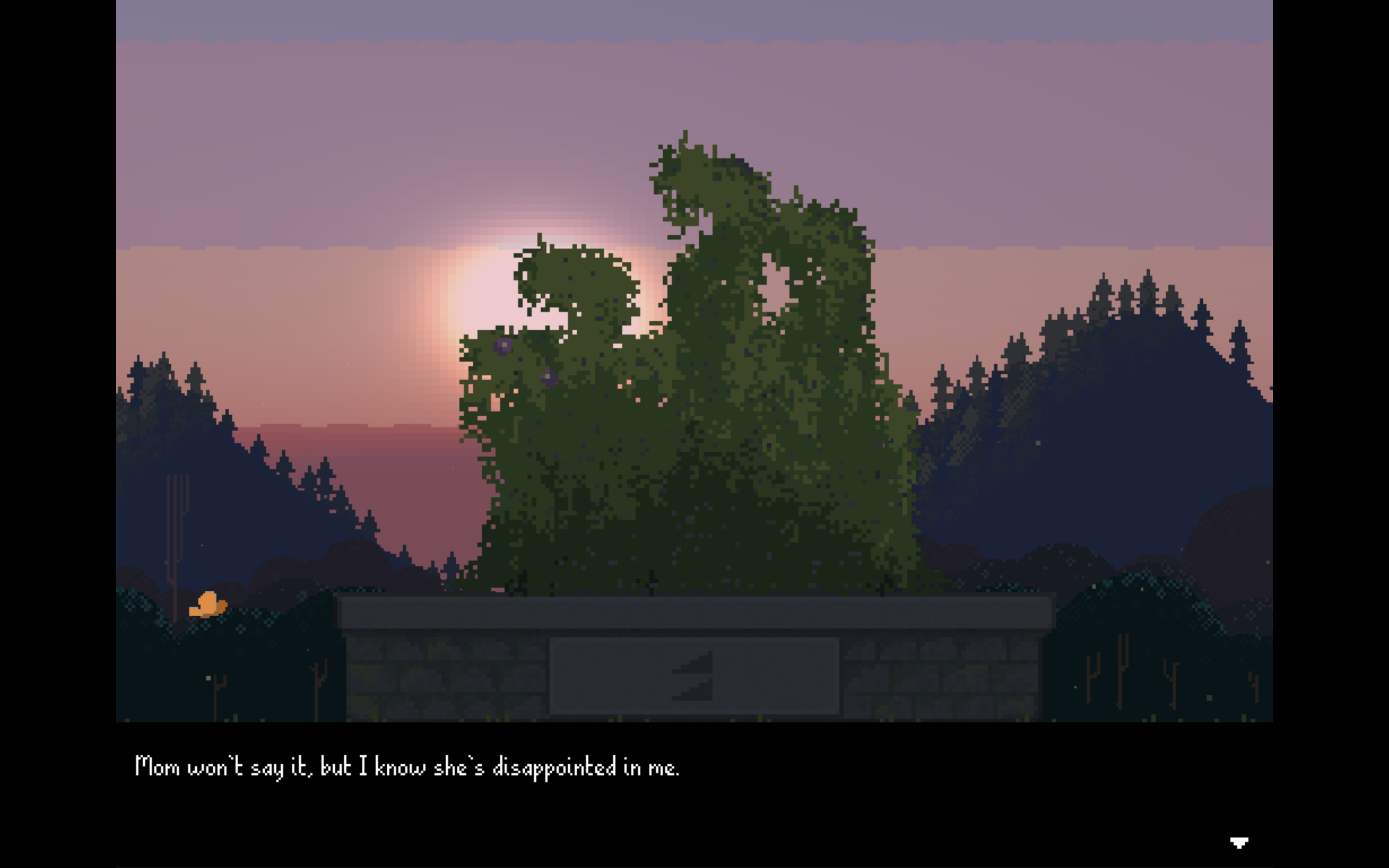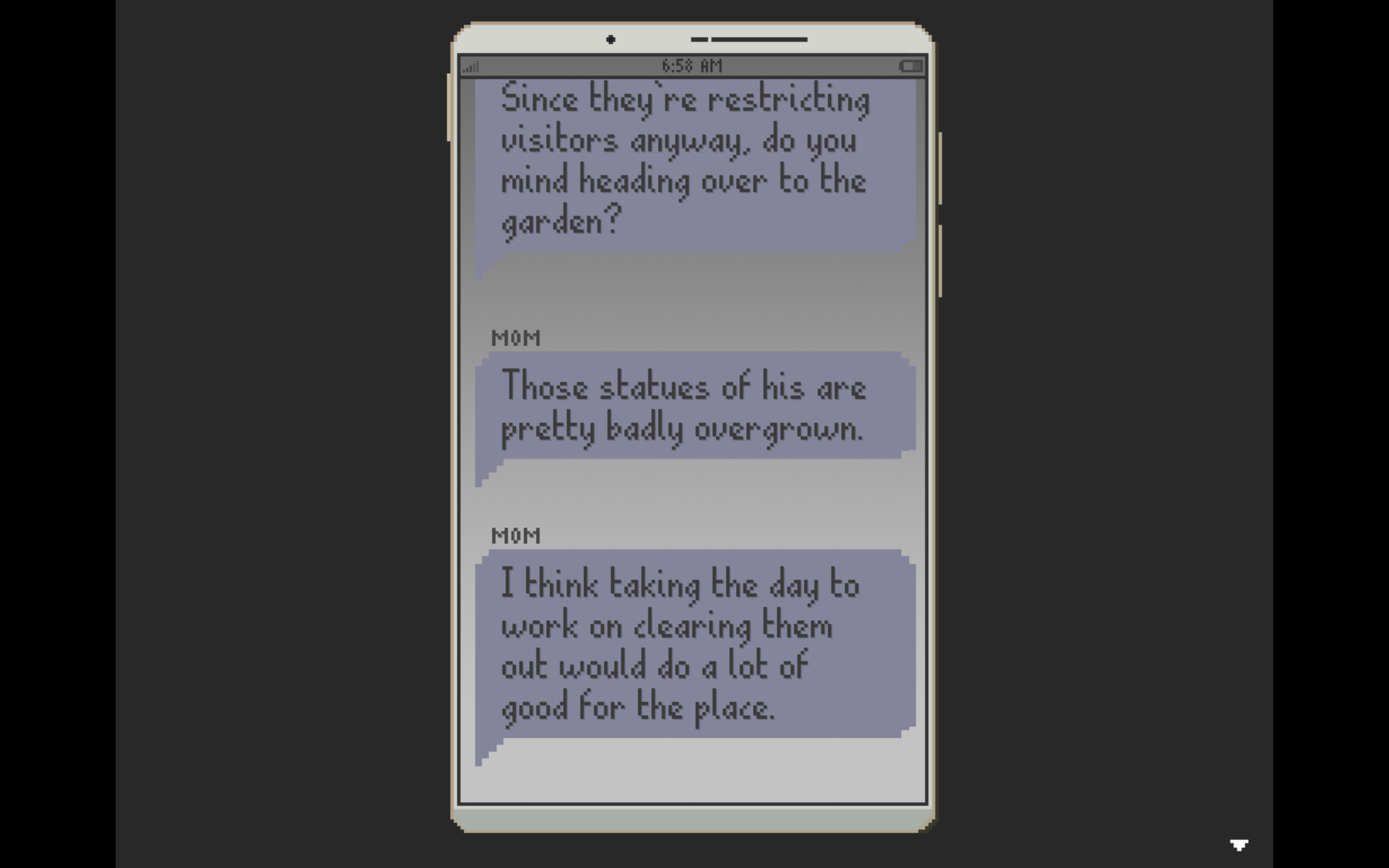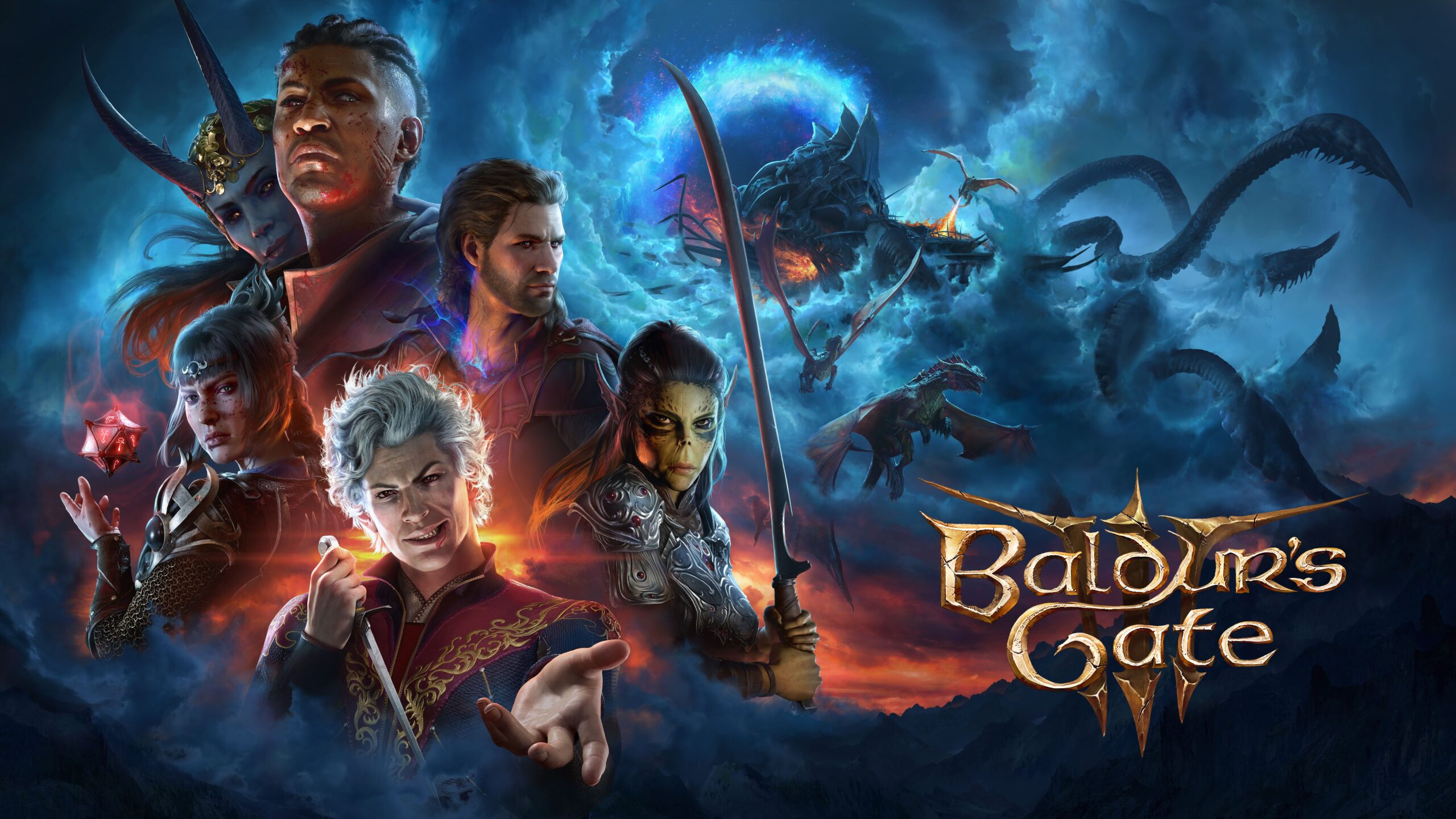
The Quiet Counterblast of 12 Labors
Brendan McLeod and Garrett Steele’s 2020 game 12 Labors hits close to home, as narrator Ryn faces her darkest actions and feelings: “At least once a day, I completely freeze up, And I yell a profanity at nobody in particular, And it’s because I’m thinking of something I did,” she muses. She’s been gently but firmly pointed toward an overgrown garden—a modern take on the legendary labors of Hercules. While her family sits at her grandfather’s deathbed, Ryn is sent away to keep herself busy, but she must also live with her own thoughts. Sparing and punishing her at once is just the first of a thoughtful series of dualities that mark this sharp and pastoral reimagining.
This is the year of Hades, Supergiant’s massive underworld roguelike hack and slash. I loved Hades too, and both games place you, like Ajax in Sophocles’ telling, at the very beginning of the first day after the bad thing has happened. But where Zagreus is a loveable underdog, Ryn is no one’s hero. She must face her shame head on, and this makes for a bracing counterpoint. Indeed, this is what struck me during the game: Ryn’s drunken mistakes and pulsingly bright sobriety are what Ajax faces after he awakens from Athena’s ultraviolent glamour. He doesn’t remember, but he’s still the person who has slain a flock of sheep while hallucinating.

Ryn’s secrets trickle out slowly. She has crashed a car and alienated her loved ones. She has moved back home in shame. But the texts from her mom are unfailingly familiar and loving, revealing a narrative tension. Hercules, Heracles in the original Greek, is himself a duality. He’s both mortal and god, larger than life but smaller than heaven, and subject to a machismo-flavored madonna-whore complex. This duality inspired McLeod, who says that he found value in the distance between classic depictions of Hercules as a privileged, overpowered cautionary tale versus modern explorations of him as almost a superhero. The nature of Hercules’ labors changes a great deal as you twist the focus on what preceded them.
Mechanically, this game is straightforward and thoughtful. Ryn’s text updates from her mom punctuate her daylong task to clear moss, leaves, and plants from a private garden full of overgrown statues. Ryn’s thoughts pass in interactive fiction style at the bottom of the screen. McLeod has paired a chilled palette of pixel art with the iconic fonts of pixel maestro Chevy Ray. Scrubbing moss from the statues involves sweeping over them with the mouse or even a finger on a touchscreen, and satisfying pieces fall away. The statues loosely relate back to the “real” legendary labors, and the weather and light change as the day passes.

It’s in this physical task where Ryn reflects on her actions, and I like the way the game puts a mirror up to the player as they do the same task. Ryn has made mistakes—starting with the dark version of drunken party antics and escalating from there—and she has returned home to her parents with a lot of both shame and urges toward denial. Her perspective shifts as the day wears on. “If the best I have in me when things go downhill is to take the hurt dumped on me, And throw it at others, What’s left for me?” she wonders. “Can I be better than this? Do I deserve to be?”
Ajax, in the wastes of his flock, can’t answer that question. “But now ’tis over and he breathes anew, The counterblast of sorrow shakes his soul,” Ajax’s wife explains. And while Ajax doesn’t survive the day, our hero Ryn uses her time of reflection to build her moral courage back up. The stark emotional colors of Hercules, of Ajax, and even of Hades mean that the only ways out are in the bright strokes of death, war, and destiny. Back in the real world, Ryn only has to muster the guts to make it home and say she’s sorry. It’s still a Herculean task.






1 thought on “The Quiet Counterblast of 12 Labors”